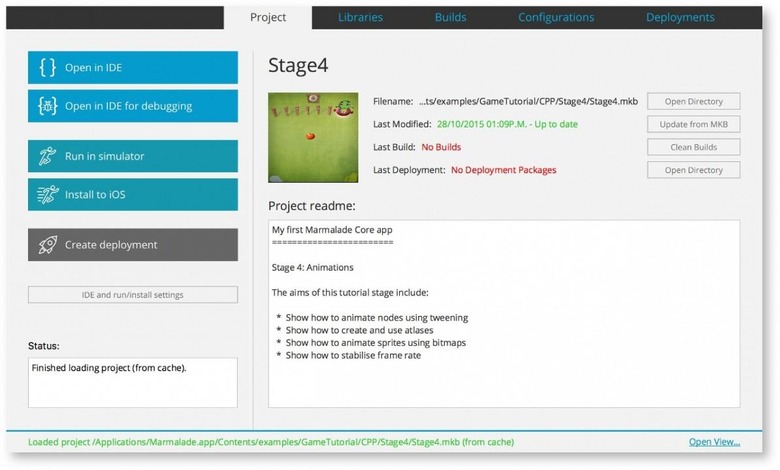Microsoft's Marmalade Simplifies Making Cross-Platform Games
Xbox fans, no need to pick your pitchforks and light up those torches. This isn't yet the feared moment when Microsoft muddles the divide between PCs and consoles. Well, at least not yet. Perhaps it does lay the foundations, but at face value, Microsoft's new Marmalade platform is intended to ease the not so fun aspects of developing games that run on Windows 10, Android, and even iOS by giving developers an API, tools, and emulators that abstracts all those OS differences away into a single, common platform.
Despite having a plethora of games on its Xbox consoles and PCs, Microsoft can't deny the allure, not to mention the profits, of mobile gaming. At the same time, it also can't deny that its own Windows Phone OS is hardly the ideal mobile platform to target. Shifting its gears a bit, it is focusing instead on turning Windows 10 as the preferred development platform for game and app developers, giving them tools to write programs on Windows 10 that will run anywhere.
Unlike the different bridges that Microsoft is building, like Islandwood for iOS and Centennial for Win32/.NET apps, the Marmalade Platform is aimed more at writing new games rather than porting existing ones. Microsoft isn't spilling all the beans, but Marmalade could very well be based on Xamarin, which it acquired just recently, as that platform has that same goal for software in general. In Marmalade's case, however, Microsoft is going with C++, since it is a popular language among game developers targeting those platforms.
Marmalade is made up of a few pieces that, unsurprisingly, revolve around Microsoft Visual Studio 2015 in one way or another. At the very core is a set of APIs that gives developers a common language to use and not worry about platform differences. Want to use an accelerometer? Now you'll only have one set of functions to worry about instead of three, one for each OS. Marmalade also has a Hub app which is practically a sort of launcher that lets developers create new projects or run existing ones in a simulator or, in the case of Android, an actual device. Projects open in Visual Studio, of course.

Marmalade goes the extra mile by providing a 2D Kit and a 3D Kit, for creating 2D and 3D games, respectively. In addition to providing APIs for 2D and 3D graphics and games, the kits also provide visual editors that allows developers to design interfaces and even import art assets from the likes of Maya or 3ds Max via FBX support. Interestingly, the Marmalade 2D Kit can actually run on a Mac as well.
It is becoming clear that Microsoft's developer spiel is no longer simply focused on getting developers to write apps for Windows 10. It is now equally, perhaps even more, concerned in turning Windows 10 as the development platform of choice, regardless of what platform you're actually targeting. That, indeed, might be a smarter bet, especially in game development, since Microsoft isn't focusing much on Windows phone handsets this year.
SOURCE: Microsoft
